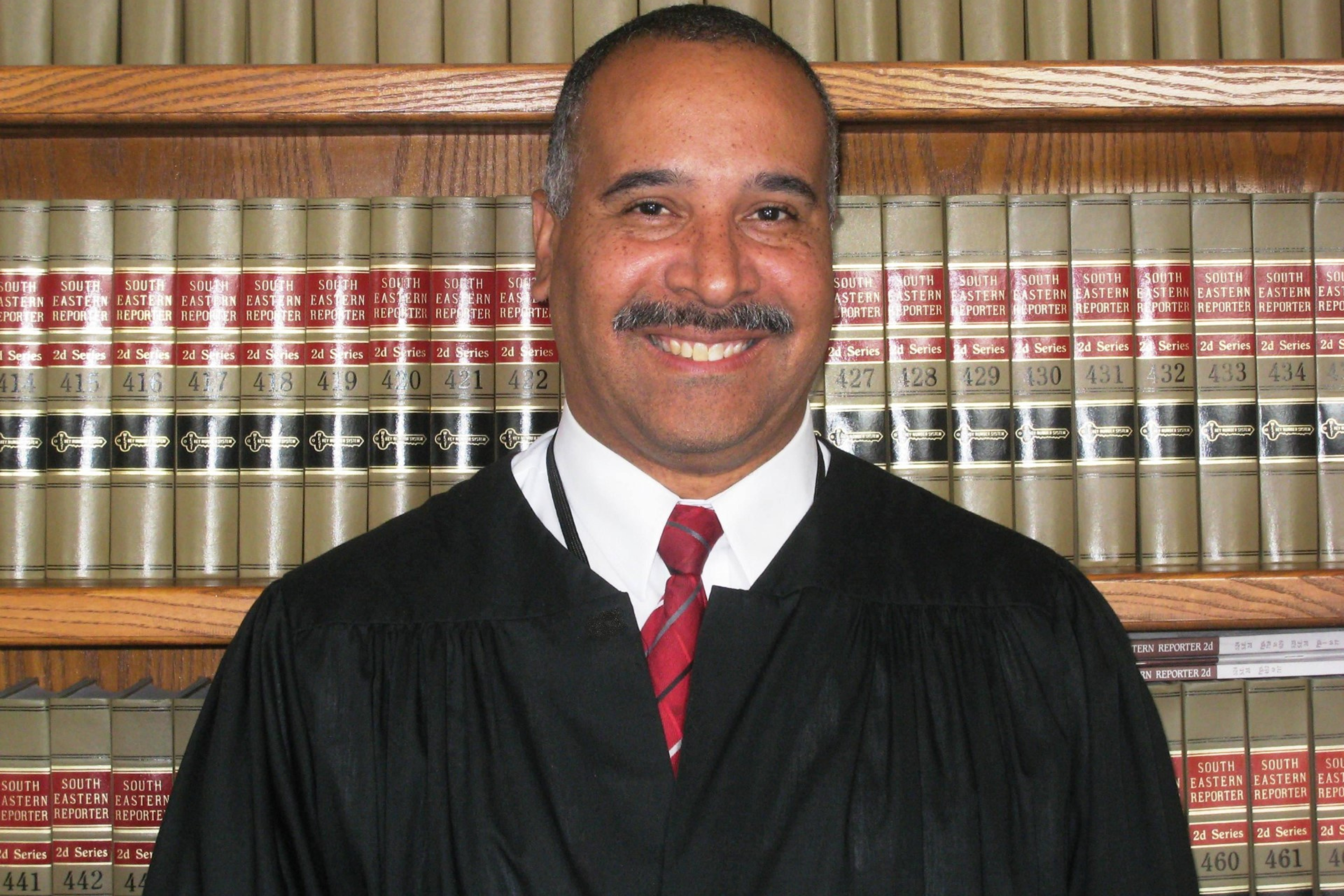Two judges have recently faced suspensions due to their social media activity, as ethics panels tighten their grip on online behavior.
On October 7, the Pennsylvania Court of Judicial Discipline characterized Judge Mark Cohen’s case as unprecedented in its defiance. Despite clear warnings to stop posting political comments, Cohen continued to do so, prompting the court’s stern response. The eight-judge panel emphasized that individuals appearing before judges deserve unbiased and fair treatment.

The court referenced former Justice Michael Eakin’s resignation back in 2016 over sharing inappropriate jokes, noting that unlike Eakin, Cohen never expressed remorse and persisted with his posts. Consequently, Cohen has been suspended without pay until his term ends this year, after which he won’t be able to run for office again due to age restrictions.
Cohen, a member of the Philadelphia Court of Common Pleas, primarily shared pro-Democratic views, despite previous warnings from the court to cease such activity. He defended his right to free speech, addressing diverse topics from environmental issues to minimum wage debates.
Meanwhile, in New Jersey, Judge Gary Wilcox was suspended for three months for inappropriate TikTok videos that included references to violence, sex, and misogyny, as detailed in an ethics complaint. Some videos showed him in his judicial robe, while others showed him partially dressed in bed, which raised significant concerns about his conduct.

In total, there were 11 videos that violated judicial ethics, raising questions about the appropriateness of his behavior while in a position of authority.
According to legal expert Rahmani, each state has its own ethics codes for judges, often based on the Model Rules of Judicial Conduct. These codes prohibit prejudicial or inappropriate remarks, with the key issue being whether political statements made by judges are shielded by the First Amendment.
He noted that the Supreme Court’s ruling in Garcetti v. Ceballos stated that government employees, including judges, can be disciplined for statements made within their professional roles. Even as private citizens, judges face restrictions on political speech to maintain public confidence in the judiciary.
Regarding Wilcox’s actions, Rahmani concluded that such behavior puts public trust at risk and highlights the need for judges to adhere to ethical guidelines.
